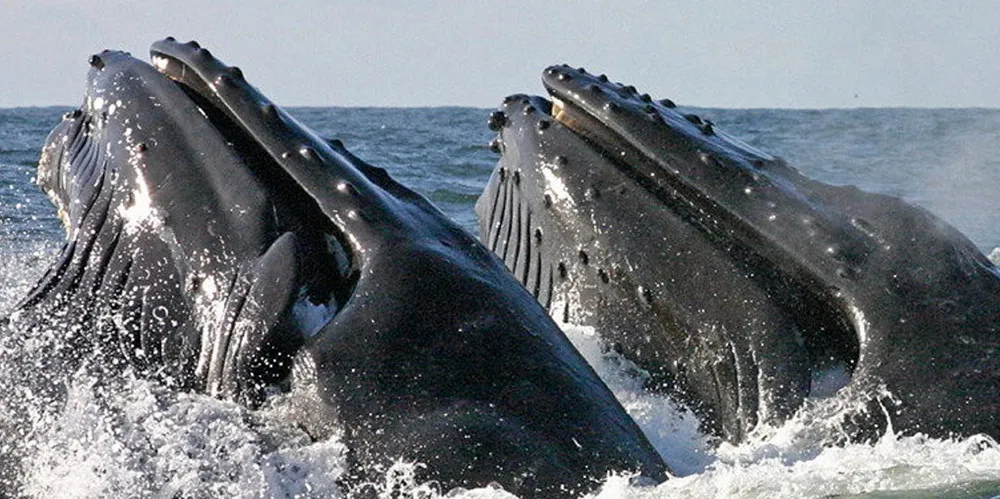Judge throws out whales lawsuit against US offshore wind flagship Vineyard
Allegations of insufficient environmental review of pioneering project off Massachusetts rejected by court

A judge has dismissed a lawsuit against the US’ first commercial scale offshore wind farm, Vineyard Wind 1, finding that approval by federal regulators did not violate environmental law.
“Plaintiffs have failed to demonstrate that NMFS [National Marine Fisheries Service] or BOEM [Bureau of Ocean Energy Management] violated the Endangered Species Act or the National Environmental Policy Act [NEPA],” wrote judge Indira Talwani of the US District Court for the District of Massachusetts.
BOEM is the lead regulator for energy development in federal waters. NMFS, also known as National Oceanic and Atmospheric Administration (NOAA) fisheries, oversees the US coastal environment and is highly involved in offshore wind permitting.
“We’re pleased the court has acknowledged the rigorous and thorough administrative review that our project underwent over the last many years,” said Vineyard Wind 1 CEO Klaus Moeller.
“We remain committed to working with all stakeholders so that we can continue to set the highest possible standards on this first in the nation project.”
Vineyard Wind I, a joint venture (JV) of Iberdrola-controlled Avangrid and Copenhagen Infrastructure Partners, will begin driving monopiles at the project site some 15 miles (24 km) south of Nantucket next month.
Avangrid's chief operation officer Sy Oytan, said the court's ruling “acknowledges the rigorous and thorough administrative review that the project underwent over the last many years.”
Ackrats filed the suit July last year seeking summary judgement, in which a judge makes a decision based on statements and evidence without going to trial.
“The environmental review process for offshore wind projects is rigorous and effective at ensuring that these projects are built in an environmentally responsible manner,” said Josh Kaplowitz, vice president of offshore wind for industry advocate American Clean Power Association.
“We know that offshore wind farms can be built and operated in a way that protects marine ecosystems,” he added.
The District Court is expected to issue opinions in the coming weeks regarding two other challenges to the Vineyard Wind project. However, ACP stresses this opinion bodes well for the ability of this nascent industry to stand up to legal challenges from opponents of clean energy.